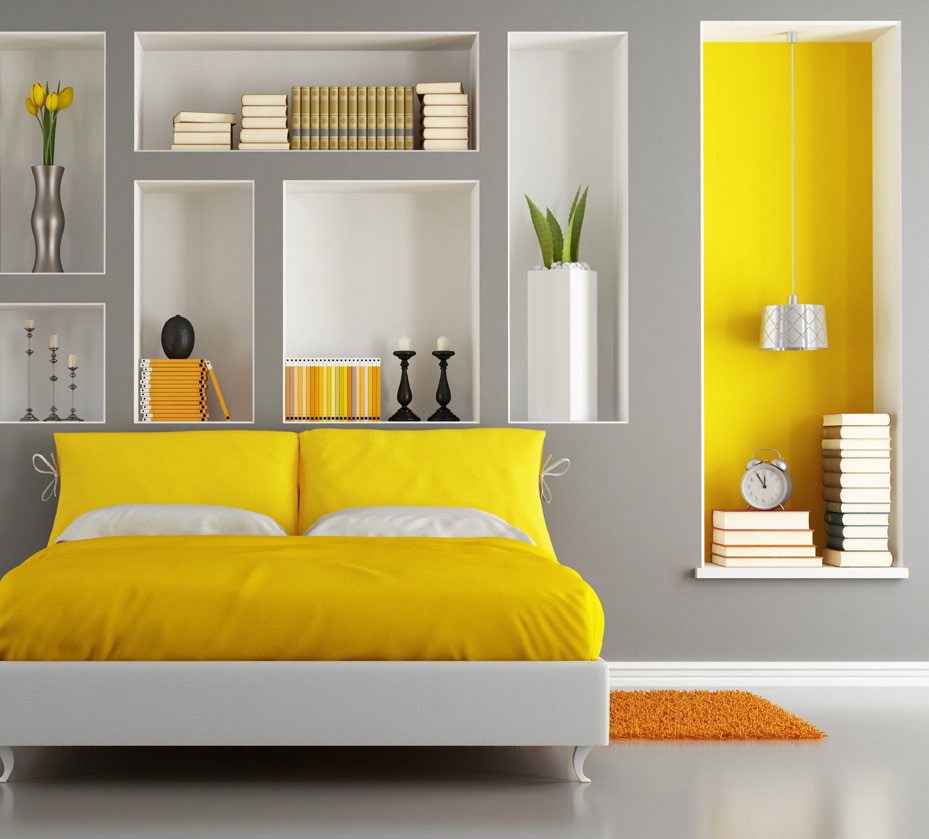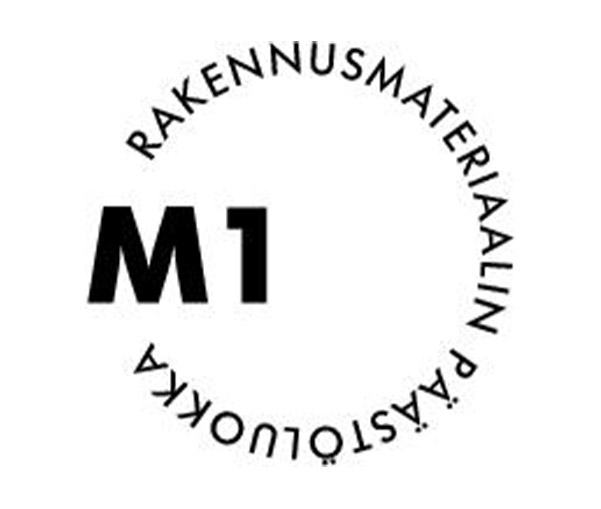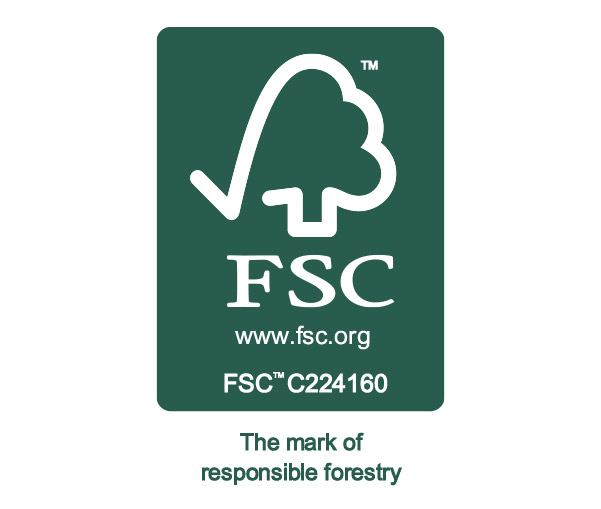SIBU decorative panels are versatile decorative elements that are ideal for a wide range of spaces and applications. These high-quality design panels offer a unique combination of aesthetic appeal and practicality. SIBU tiles are best suited to spaces where a combination of a visually striking look and a durable, easy-to-clean solution is desired. They can be used in homes, commercial premises and public buildings, where they bring life, texture and personality to surfaces.
What are the main features of Sibu discs?
SIBU Design tiles stand out in the market with their versatile technical and aesthetic features. These design panels, manufactured by the Austrian company SIBU GmbH & Co KG, are renowned for their for their high quality and innovative surface solutions.
SIBUs are mainly made of synthetic polymer (PVC) or genuine leather, attached to a sturdy backing. The thickness of the panels varies depending on the model, which allows them to be used in a wide range of applications.
The technical characteristics of SIBUs are:
- Lightweight and easy to work with
- Moisture resistant (most models)
- UV radiation resistant
- Fire-safe (most meet strict fire ratings)
- Flexible and malleable
Aesthetically, the SIBU range offers an impressive number of options. Over 300 different surfaces are available, including:
- Imitation metal beads (gold, silver, copper, bronze)
- Leather surfaces
- Wooden beads
- Geometric patterns
- 3D structures
The popularity of SIBU panels is based on their ability to transform an ordinary surface into a spectacular design element without massive structural changes or cost.
Which spaces are best suited for Onion panels?
SIBU design panels are suitable for a wide range of spaces thanks to their versatility. They work particularly well in places where you want to combine impressive appearance and practicality.
In kitchens, SIBU tiles are typically used as a partition material, where they add personality and protect walls from splashes. Moisture resistant models are ideal for this purpose. SIBU panels also create a striking appearance in the front panels of kitchen cabinets and islands.
In bathrooms, the moisture-resistant SIBU models can be used as accent and detail tiles. They are a lighter alternative to tiling and are also easy to install over old surfaces when renovating.
For commercial premises, SIBU panels are an excellent choice:
- For shop decoration and decoration
- For front panels of reception desks
- For restaurant walls
- For hotel interiors
- For the construction of exhibition stands
In home decoration, SIBU panels can be used creatively in many places, such as:
- In living room effect walls
- TV backgrounds
- As bedheads
- As surface materials for furniture
- Powerful solutions for private spaces
In public spaces, SIBU panels are ideal for use in lobbies, corridors and meeting rooms, where they are highly resistant to wear and tear while offering acoustic benefits.
How do Sibu boards differ from other interior boards?
SIBU design panels stand out from other interior panel options in several important ways. Perhaps their most important advantage is ease of installation combined with visual impact.
Compared to traditional stone or tile surfaces, SIBU tiles are significantly lighter and thinner. This allows them to be used in places where weight is a limiting factor, such as in old buildings or furniture.
Compared to wood panels, SIBU panels offer a wider range of surface options and are often more resistant to moisture. They are also less sensitive to humidity than wood materials.
Compared to wallpapers, SIBUs are more durable and offer a three-dimensional effect. They are more resistant to touch and wear, making them an excellent choice for public spaces and busy parts of the home.
Compared to MDF and chipboard, SIBU panels are pre-coated, which saves on the number of steps. They have a finished surface that is attractive, durable and easy to maintain, without the need for painting or other finishes.
How do you install Sibu boards correctly?
The installation of SIBU design tiles is straightforward, but the right steps ensure the best results. The basis for a successful installation is careful groundwork and the right tools.
The tools needed are simple:
- Sharp mat knife or cutter
- Metal rectangle or ruler
- Adhesive paste (SIBU installation adhesive or double-sided tape)
- Cleaner for substrate preparation
- A roller or trowel for applying glue
Steps for installation:
1. Make sure the installation surface is clean, dry, flat and free of grease. Clean the surface thoroughly and allow to dry completely.
2. Measure and mark the installation area. We recommend that you take accurate measurements and markings before cutting the panels.
3. Cut the SIBU board to the correct size with a carpet knife. Always cut from the front of the board, using a metal ruler as a guide.
4. Apply the adhesive evenly to the mounting surface or use double-sided tape. Most SIBU models can also be installed as self-adhesive versions.
5. Carefully place the plate in place - self-adhesive plates cannot be moved once they have been fixed.
6. Use a roller or spatula to press the sheet to the substrate, starting from the centre and working towards the edges to avoid air bubbles.
Please note that SIBUs should be kept at room temperature for 24 hours before installation to allow them to adapt to the room temperature.
How to care for and maintain Sibu discs?
One of the main advantages of SIBU design boards is their convenience in terms of maintenance. With the right care, boards will retain their great looks for years.
Daily cleaning is simple: wipe the surface with a damp, soft cloth. Avoid abrasive cleaners and tools that can scratch the surface. For most models, water alone is sufficient, but you can also use a mild soap solution if necessary.
You can use isopropyl alcohol or window cleaner to remove stains, but always test in an inconspicuous place first. Avoid solvents such as acetone or strong chemicals that can damage the surface of the board.
In kitchens and bathrooms, where moisture and splashes are common, it is a good idea to wipe surfaces dry regularly. Although many SIBU models are moisture resistant, prolonged exposure to high humidity can affect their adhesion.
To protect against scratches and dents, avoid contact with sharp objects. If a small scratch appears on the panel, it can sometimes be gently removed by rubbing with a finger or a soft cloth.
Why choose Sibu panels for your interior design project?
SIBU design panels are an excellent choice for a wide range of interior design projects for a number of compelling reasons. Their versatility offers endless possibilities for creative solutions.
Aesthetically, SIBU panels bring a unique look to spaces. The wide range allows you to create just the right ambience, whether modern, classic or industrial. Three-dimensional surfaces add depth and interest to otherwise flat surfaces.
From a practical point of view, SIBU boards are:
- Quick to install - saving you time and labour costs
- Easy to work without special tools
- Lightweight, making them easy to handle and transport
- Suitable for most platforms
- Easy to treat for long-term use
In terms of durability, SIBU tiles are a long-lasting solution that will retain their appearance for years with the right care. They are highly resistant to normal conditions and wear, making them a cost-effective choice.
At Lorella, we import only the highest quality SIBU Design products. We offer expert guidance on choosing the right model and ensure that you find the perfect solution for your project. All our products meet stringent quality and environmental standards, so you can be confident in the durability of your choice, both visually and technically.




